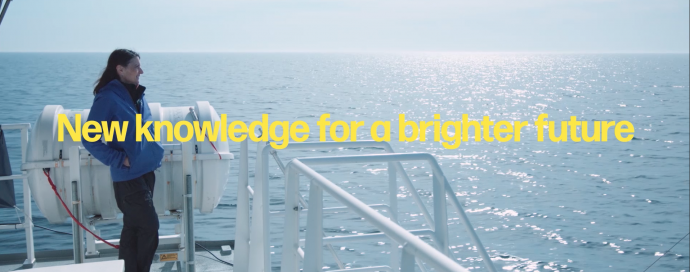Current calls
- 14 Nov
- 14 Nov
- 1 Feb
- 20 Mar

Strengthened blood vessels: a key to better health
Healthy blood vessels are fundamental to human health. Failing blood vessels can contribute to the establishment and progression of diseases. Lena Claesson-Welsh’s research is focused on how blood vessel leakage can promote cancer and how new drugs promise to strengthen the blood vessel barrier can be useful in a number of diseases.

Mapping the unexplored impact of forest on climate
The experimental data the researchers are gathering is being used to design better theoretical descriptions, which can then be used in global climate models.

Seeking our origins in the early universe
As a Wallenberg Scholar Kirsten Kraiberg Knudsen aims to generate new knowledge about the infancy of the universe, hoping to provide crucial answers about our origins.

Artificial spider silk – a potential super material of the future
Spider silk is one of nature’s most impressive materials, and is extremely strong and stretchable. Anna Rising and her colleagues were the first to fabricate artificial spider silk using the same mechanisms that spiders do. This may pave the way for future use in sustainable clothes and medical implants.















